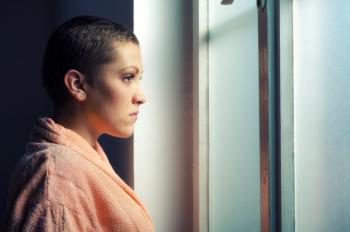
A small survey of women with head and neck cancer found that while many experience physical and emotional distress, social supports can help.

A small survey of women with head and neck cancer found that while many experience physical and emotional distress, social supports can help.
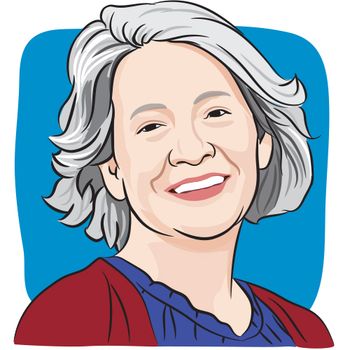
I was told that I have survivors' guilt after seeing a friend while she was actively dying from cancer, but I actually see that day as a gift.
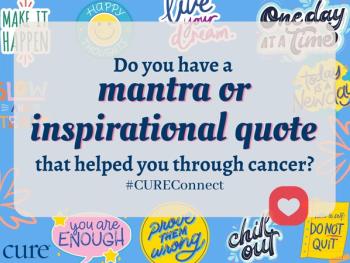
We recently asked patients, survivors and caregivers of those with cancer to share an inspiring quote or mantra that helped them through cancer.
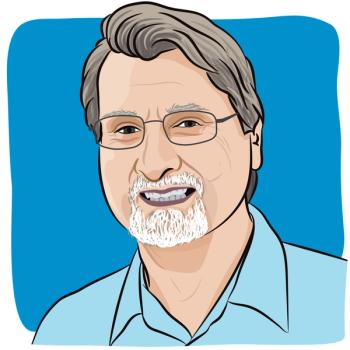
Finding humor in cancer has helped me cope.

At first I was skeptical about how meditation and breathing techniques could help me with fear of cancer recurrence. But once I started practicing, I noticed a difference in my anxiety.

I was surprised and saddened at how some of my friends were not there for me when I was undergoing cancer treatment. The oncology ward became a lonely place.
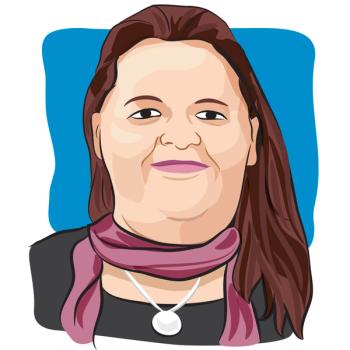
Cancer-related can be consuming, so my sister and I make sure to celebrate the little victories along the way.
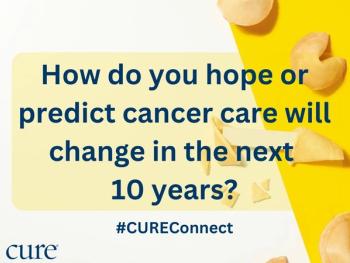
We asked our audience what advancements they hope to see in the oncology space within the next decade or so. Here’s what they had to say.
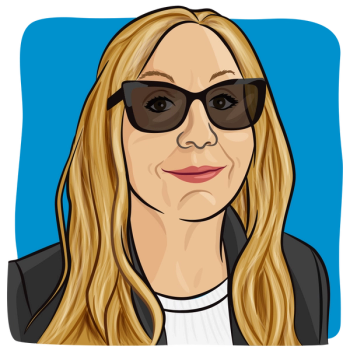
Throughout my cancer experience — and my entire life — there were many people who came in and saved my life.
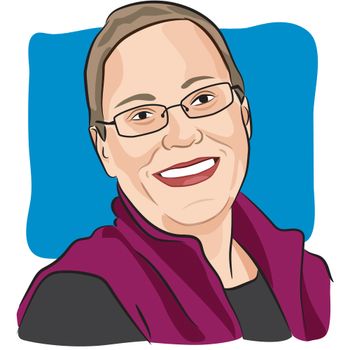
Is it always one or the other? Can good news in one person’s cancer experience do good for the community?

I’m 16 years out from my breast cancer diagnosis, but every now and then, panic still creeps up on me.
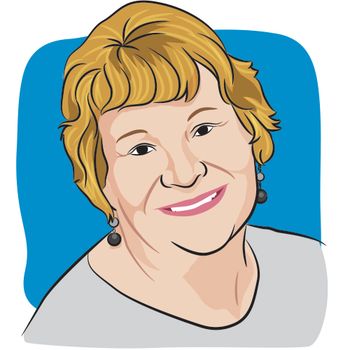
As a cancer survivor, I feel that the song, "Here comes the sun" can inspire us all.
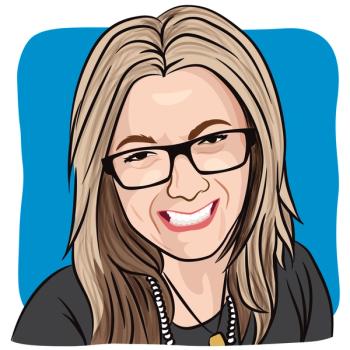
I recently experienced scanxiety after a skin check-up showed something suspicious.
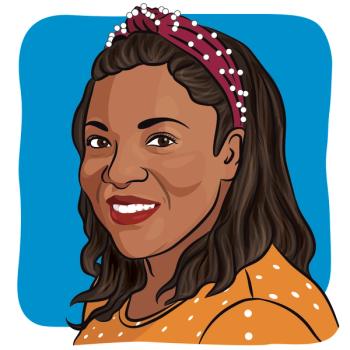
After being diagnosed with mesothelioma and undergoing a long surgery, I wanted to do it all, but I just couldn’t. Family and friends stepped in to help.

Some factors may increase the risk for anxiety and depression in older patients with metastatic cancer including distress related to physical symptoms, relationships, healthy lifestyle and communication with their health care team.
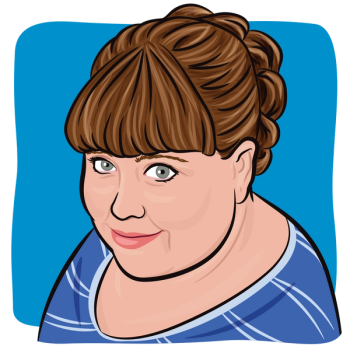
After hearing others' cancer stories, I found myself feeling "less than" because I didn't undergo radiation and chemotherapy.
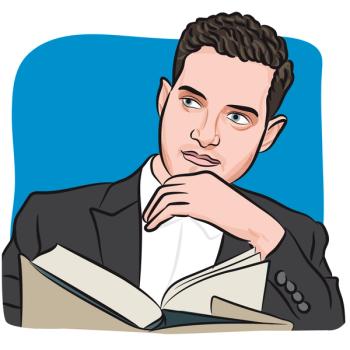
After being diagnosed with aggressive bone cancer, I had to accept that much of my life was going to change.

While I wouldn’t say that my cancer-related hospital stays were fun, I did my best to maintain a positive attitude and make the best of them.

Sometimes, hundreds of pages of cancer information still just doesn’t connect with the person who needs it.
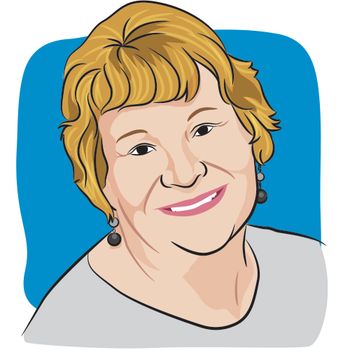
I’m happy to be alive and thankful for all that I have, but cancer and the COVID-19 pandemic has taken so much from me, physically, emotionally and financially.

Patients with cancer may decide to share their diagnosis with their employer but approaching it in a way that is most comfortable to the patient may make it a more effective conversation.
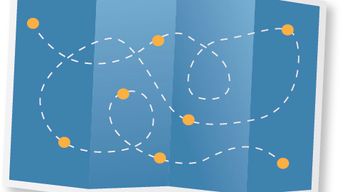
There is no guidebook to life with cancer, but here a few important lessons I learned along the way.
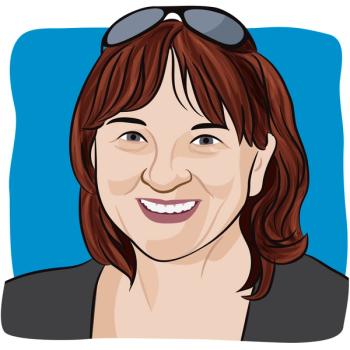
People who have never experienced cancer may think that life continues as normal after treatment is done, but that’s far from reality.
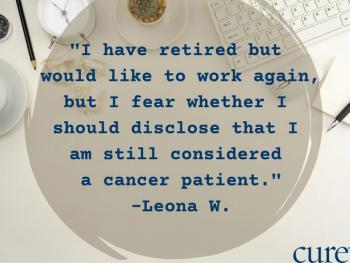
Cancer survivors shared why they disclosed — or didn’t disclose — their cancer diagnosis to their employers.
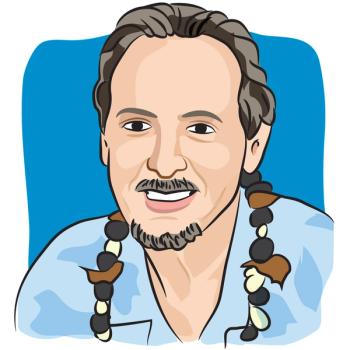
After being diagnosed with cancer and taking a look at all the stuff I accumulated, I began to think about my priorities in life.
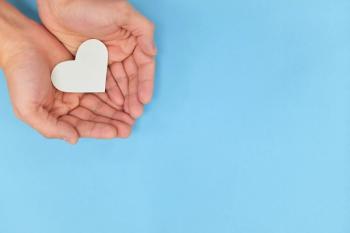
My cancer diagnosis — and the emotional effects that came with it — made me who I am today.
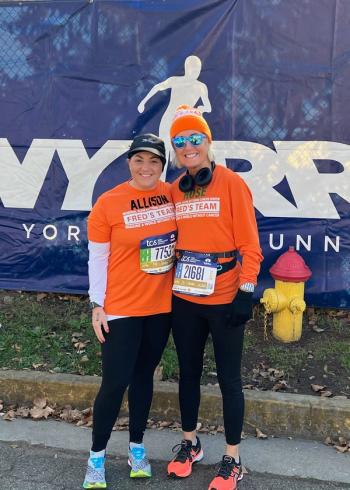
A marathon runner who was diagnosed with metastatic melanoma learned that what she enjoyed doing before cancer could help her regain her energy and identity during and after treatment.

After going through cancer, I better recognize my triggers for heightened anxiety.

Here are a few ways I stay grounded throughout cancer.